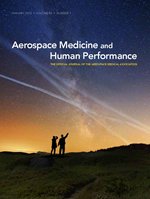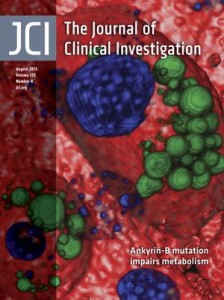A group of computer scientists has a pair of retractions for duplicating “substantial parts” of other articles written by different authors. Both papers, published in Neural Computing and Applications, are on ways to screen for breast cancer more effectively.
According to the abstract of “An improved data mining technique for classification and detection of breast cancer from mammograms,” computers make the process of identifying cancer in lesions detected by mammograms faster and more accurate:
Although general rules for the differentiation between benign and malignant breast lesion exist, only 15–30% of masses referred for surgical biopsy are actually malignant. Physician experience of detecting breast cancer can be assisted by using some computerized feature extraction and classification algorithms. Computer-aided classification system was used to help in diagnosing abnormalities faster than traditional screening program without the drawback attribute to human factors.
The article has been cited four times, according to Thomson Scientific’s Web of Knowledge. The retraction note reveals where “substantial parts” of the article came from:
Continue reading Plagiarism detected in two papers on improving detection of cancer by mammograms

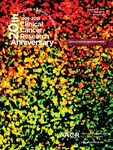


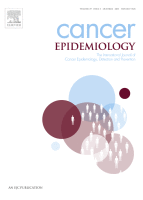 To one reader of a paper on a nerve cancer, the researchers, based at a hospital in China, seemed to have found a very large number of cases of a rare cancer to study. That observation triggered an investigation into the paper that led to its retraction — and the concern that the authors in the paper never did the research at all.
To one reader of a paper on a nerve cancer, the researchers, based at a hospital in China, seemed to have found a very large number of cases of a rare cancer to study. That observation triggered an investigation into the paper that led to its retraction — and the concern that the authors in the paper never did the research at all.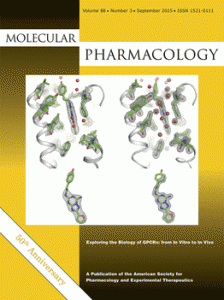
 Researchers have pulled a paper about a drug used to treat pancreatic tumors due to “statistical errors.”
Researchers have pulled a paper about a drug used to treat pancreatic tumors due to “statistical errors.”